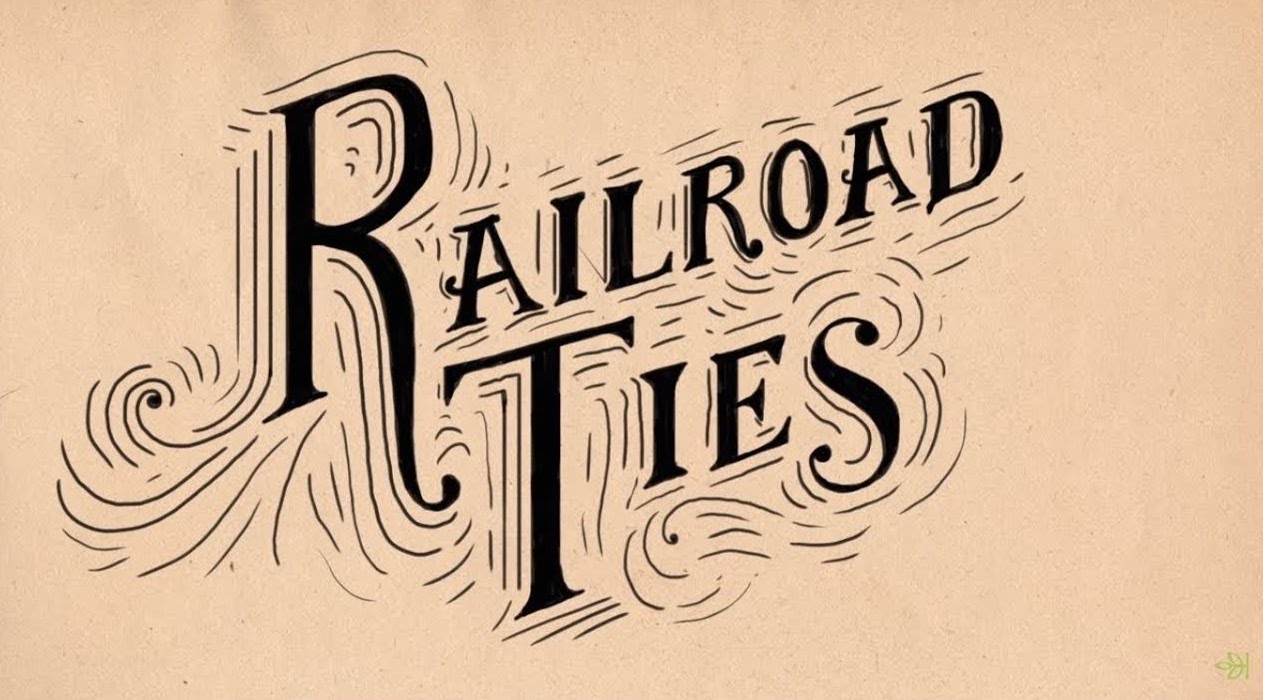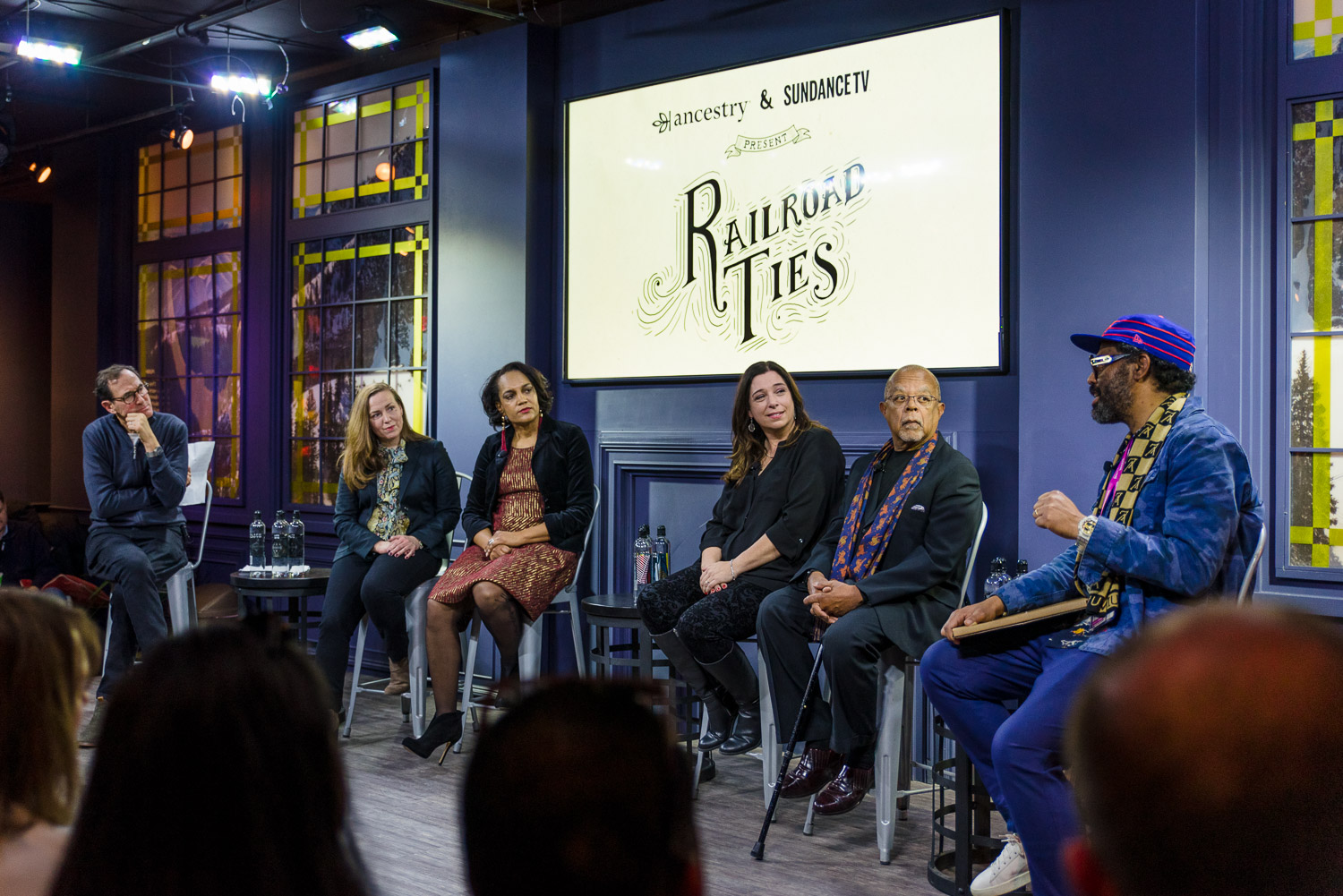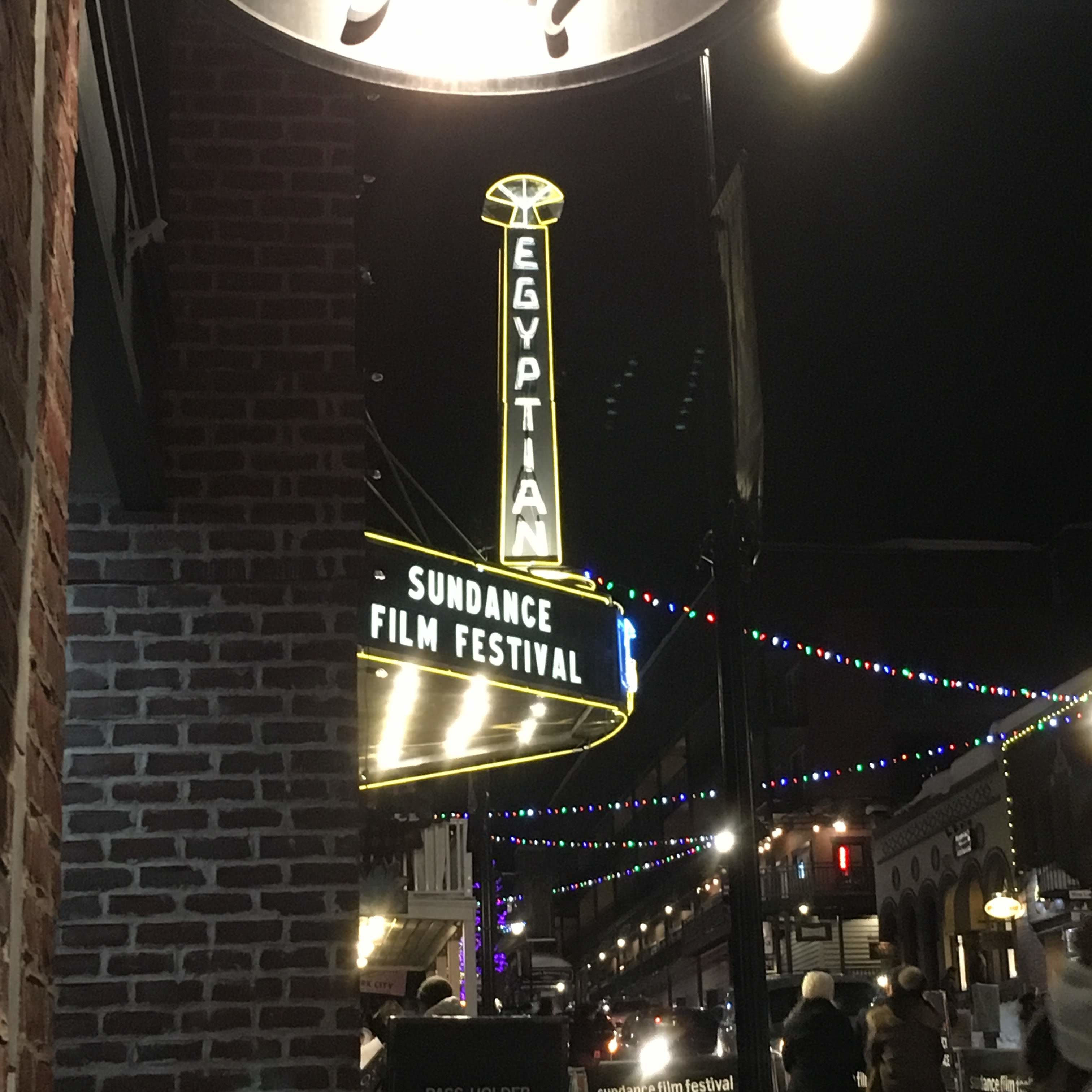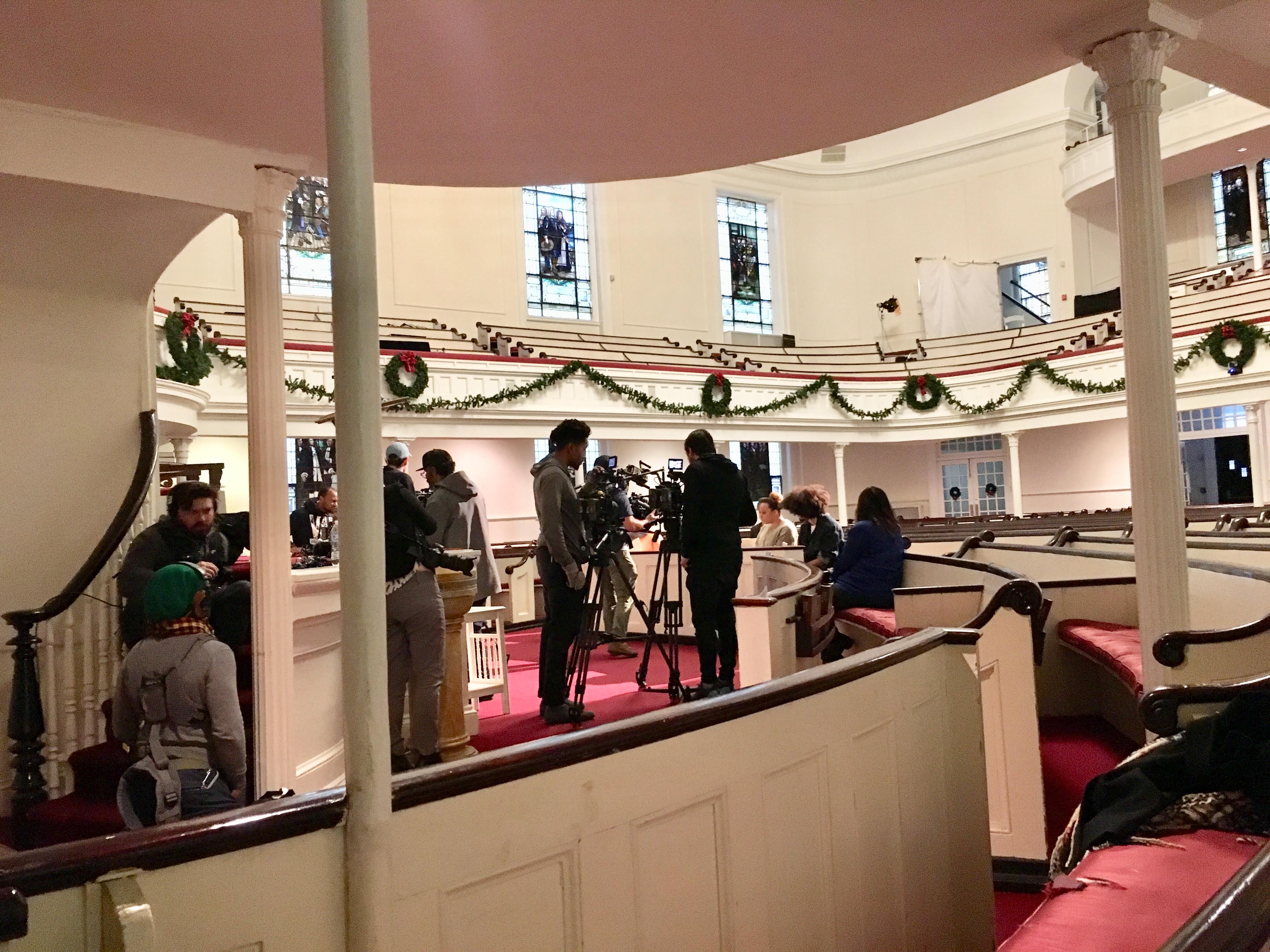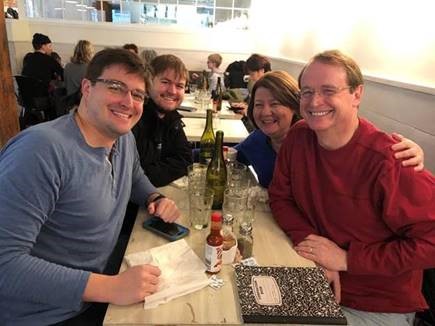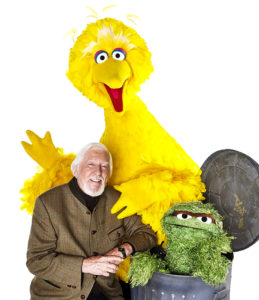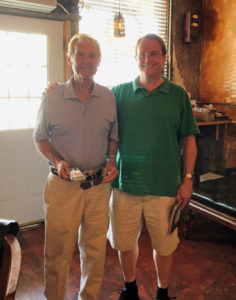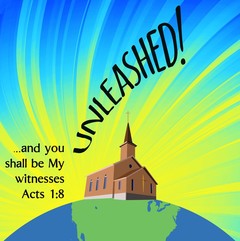A week before Christmas I found myself in the basement below Hillis Hall holding the hand of a visitor who told me that this place felt safe. She had just learned that she was a 4th-generation family member of Anna Maria Weems, a young woman who had fled slavery via the Underground Railroad in the 1850s. Along the way Anna Maria had been taken in by Plymouth member Lewis Tappan, who made sure she was fed and sheltered before she continued her journey to Canada where she would be reunited with her family. Over the past three years I have given tours of Plymouth to people from all walks of life, but this flesh and blood connection to the story brought it to life in new and powerful way.
Just a few weeks before this moment, a producer had contacted Plymouth about making a short film that focused on the Underground Railroad. At first, the details were fuzzy: their plan was to work with genealogists to trace the descendants of people who had escaped slavery through New York, or who had helped to support and facilitate that network. This research led them straight to Plymouth, which became the heart of the film.
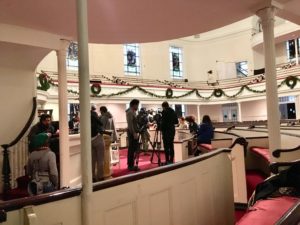
The timeline was short. In order to have the film ready by their target premiere date in late January, they would have to shoot it the week before Christmas – a serious logistical challenge for a busy church like ours! And it so it happened that I returned to the Sanctuary just hours after our annual Carol Concert ended to meet six special visitors: the descendants who would be the subjects of this story. As the day unfolded, they would learn how they were connected to the place and to one another. My role was to appear on-camera giving a tour of Plymouth and in interviews that would fill in historical context about New York in the years before the Civil War, particularly focusing on how Henry Ward Beecher and the people of Plymouth worked to end slavery through their words and actions. The day of filming was deeply moving. I was humbled in a new way by the perseverance of the African American people and inspired by the very real impact the members of Plymouth had made on history.
A few days after Christmas, the film’s producers contacted me again. The reason they had been in such a hurry to film this piece was that they were planning to premiere it at the Sundance Film Festival, Robert Redford’s annual gathering indie filmmakers and media distributors in Park City, Utah. They wondered if they could bring me to the festival to speak on a panel following the screening. The other historian who would be speaking at the event was none other than the Harvard historian, Emmy-winning filmmaker, and creator/host of the PBS series Finding Your Roots, Henry Louis Gates, Jr.! Equal parts starstruck, intimidated and excited, I happily accepted their offer.
Two weeks ago, I made my way to Utah. I was fortunate that my sister was able to drive out from Colorado to act as my stylist/personal assistant/manager for the weekend. We went to parties and premieres, mingled with people from every aspect of the film industry and occasionally reached for the same cocktail as an A-list actor. SundanceTV did not skimp on its treatment for the representative of the Plymouth History Ministry!

Of course, my purpose there was to talk about Plymouth and the experience of making this film. I talked about how my relationship to the church has grown since I first started as singer in the choir, and how this congregation continues to believe it can make a difference in the lives of those seeking freedom. I encouraged people to visit us – to step into history by sitting where Abraham Lincoln sat and visiting the basement where people hid while escaping to freedom.
The resulting film, Railroad Ties, is beautiful and moving. It will air on AMC and SundanceTV in February and available to view online. Although its release is tied to Black History Month, the film’s director, Sacha Jenkins, made an important point during our panel discussion: “It’s not Black history. It’s American history.”
~ Melissa
